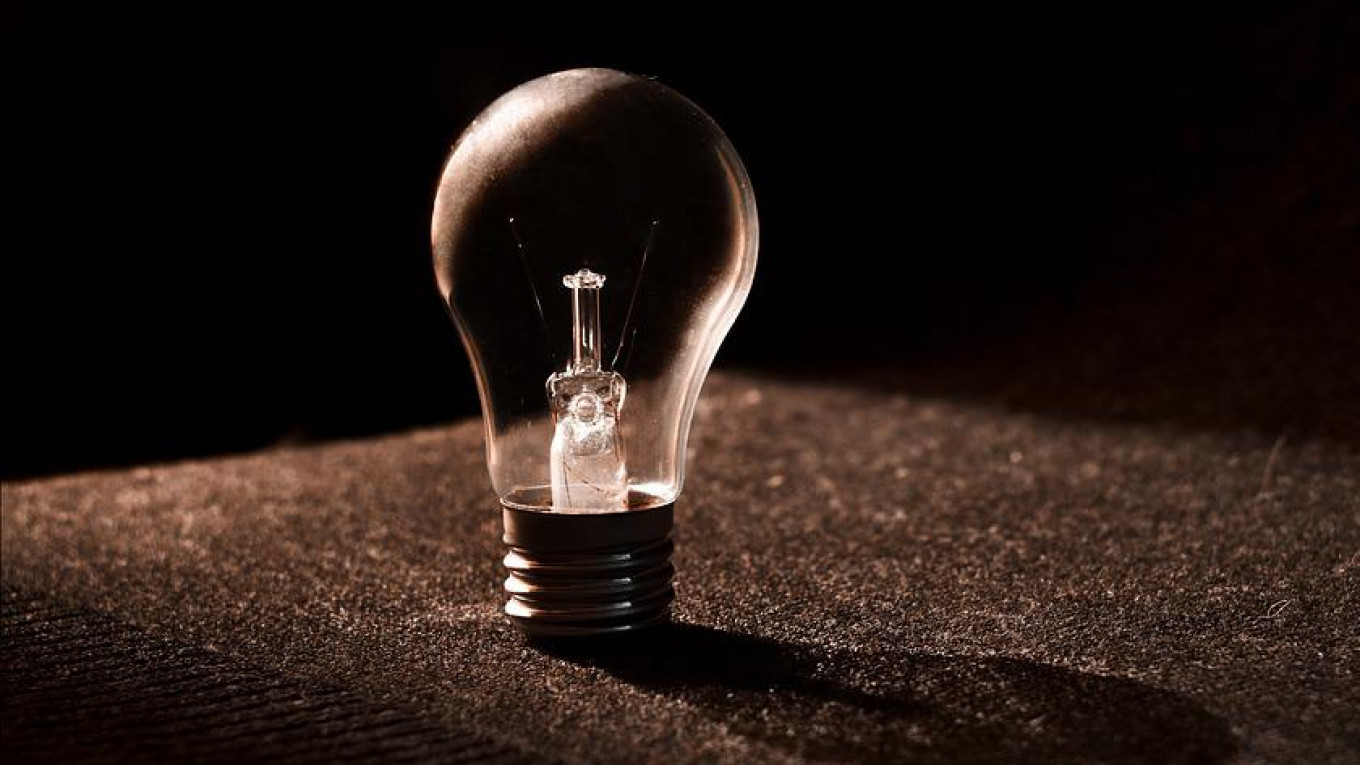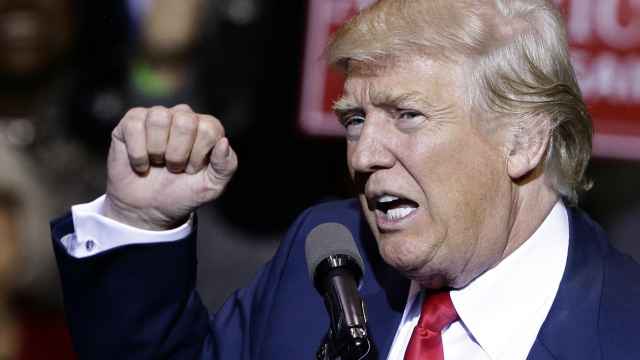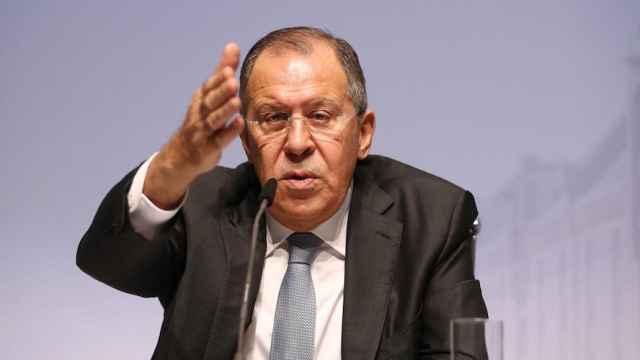Crimean authorities have asked local residents to turn off household heaters in a bid stop energy shortages.
The peninsula's Ministry of Fuel and Energy said that families would need to "limit the use of household heating appliances" throughout the winter. The average December temperature in the region is 3 degrees Celsius.
"It is very important to use electricity efficiently and economically, as well as observe the general rules of energy conservation, which will significantly reduce consumption," the Ministry said in an official statement on Friday.
Electricity consumption in the annexed peninsula peaks at more than 1,300 MW during the morning and evening, creating a deficit, the ministry said.
The report also appealed to businesses to curb their energy use at peak times.
The destruction of two power pylons near mainland Ukraine on Nov. 22, 2015, led to a near-total blackout in the Crimea. Crimean leader Sergei Aksyonov only ended a state of emergency in the peninsula in May 2016, several days after Russia completed an energy bridge to link the peninsula with Russia's Kuban region.
A Message from The Moscow Times:
Dear readers,
We are facing unprecedented challenges. Russia's Prosecutor General's Office has designated The Moscow Times as an "undesirable" organization, criminalizing our work and putting our staff at risk of prosecution. This follows our earlier unjust labeling as a "foreign agent."
These actions are direct attempts to silence independent journalism in Russia. The authorities claim our work "discredits the decisions of the Russian leadership." We see things differently: we strive to provide accurate, unbiased reporting on Russia.
We, the journalists of The Moscow Times, refuse to be silenced. But to continue our work, we need your help.
Your support, no matter how small, makes a world of difference. If you can, please support us monthly starting from just $2. It's quick to set up, and every contribution makes a significant impact.
By supporting The Moscow Times, you're defending open, independent journalism in the face of repression. Thank you for standing with us.
Remind me later.






